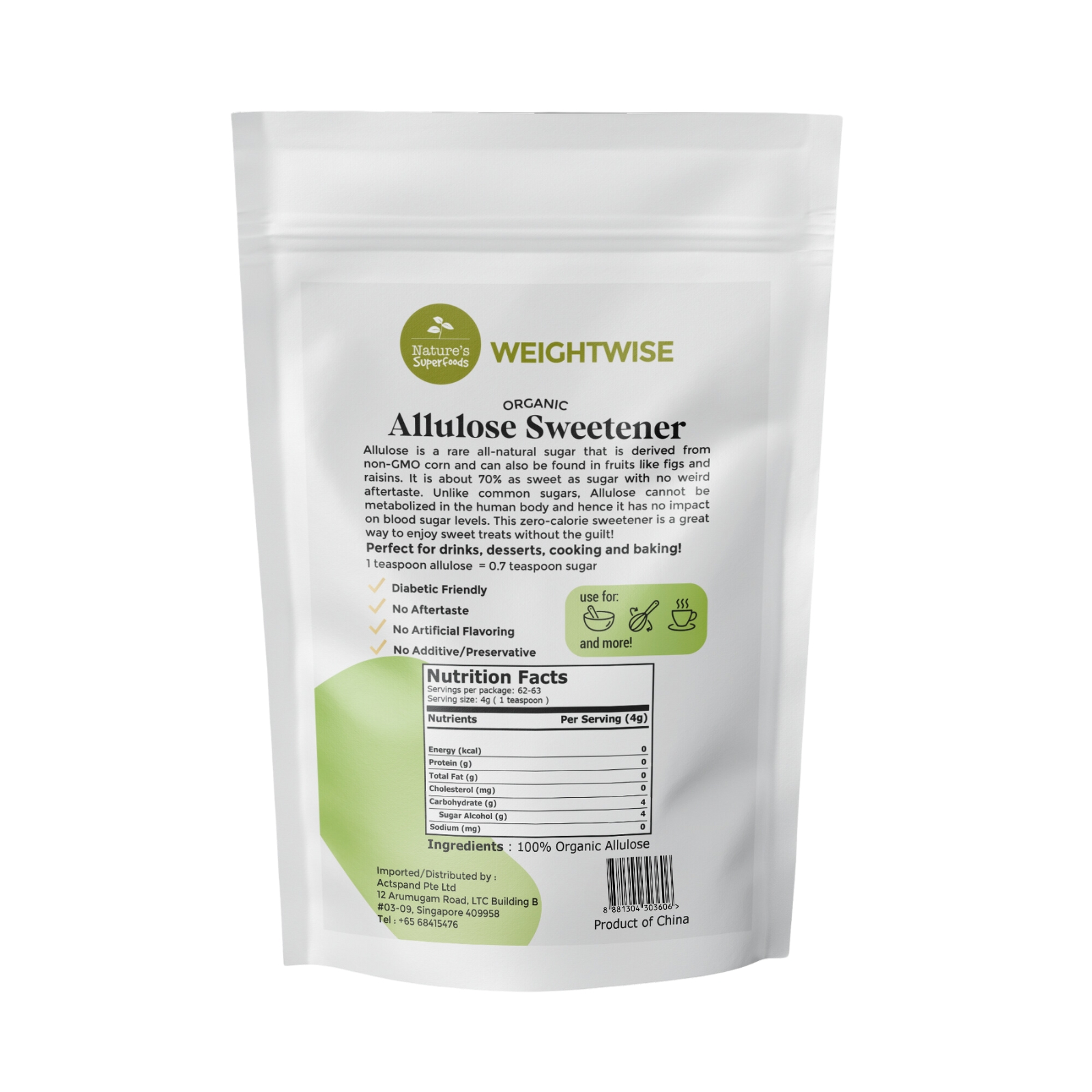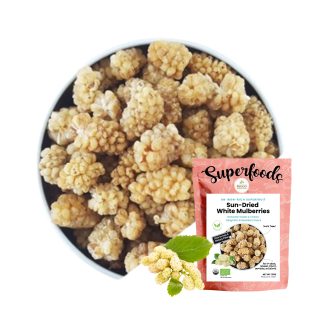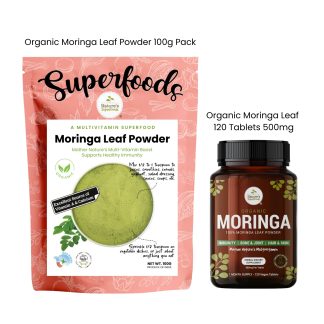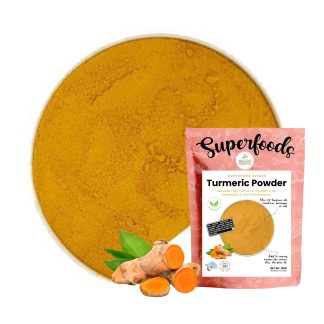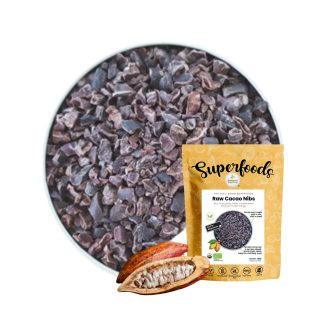-
No products in the cart.
3% off for SUPERFRIENDS!
Organic Allulose Zero-Calorie Sweetener
Zero Net Carbs l Keto-Friendly l Promotes Fullness l Helps Reduce Appetite
Out of Stock
$11.90
| 250g resealable pack | ||
| Quantity (pack) | Price per pack (SGD) inclusive GST | |
| Normal | 1 | 11.9 |
| Country of Origin: China
Best Before: 31 Oct 26 |
||
Product Description
Indulge guilt-free with WEIGHTWISE zero-calorie allulose sweetener - perfect for individuals with a sweet tooth who aim to maintain their weight or reduce sugar consumption.
- Low/Zero Calories & Zero Net Carbs
- Keto-Friendly & Diabetic-Friendly
- Does Not Spike Blood Sugar or Insulin
- Tastes and Works Like Sugar
- No Aftertaste At All
Ingredients
100% Organic Allulose
Our Organic Allulose Sweetener is :
- Organic Certified: USDA
- Halal-Certified
- Non-GMO
- Vegan
- Only 0.4 Calories Per Gram
- Zero Glycemic Impact - Does Not Spike Blood Sugar
- 70% as Sweet as Sugar, with a Similar Mouthfeel
Nutrition
Why choose allulose? Allulose is a rare natural sugar found naturally in small quantities in fruits like figs, raisins, and maple syrup. It provides a taste and texture remarkably similar to regular sugar, with 60-70% of the sweetness level.
A key benefit of allulose is its zero impact on blood glucose levels, making it an ideal substitute for those following low-carb, keto, diabetic, or weight management diets. Human studies have also shown promising results for the potential of allulose in stimulating GLP-1 (glucagon-like peptide-1) secretion, a hormone enhancing feelings of fullness and satiety. Increased GLP-1 levels may promote reduced appetite, slower gastric emptying, and decreased calorie intake.
This ability to curb hunger cravings and calorie consumption sets allulose apart from other low-calorie sweetener options on the market. It's a smart choice for satisfying your sweet tooth while supporting healthy weight management goals.
Our Allulose Zero-Calorie Sweetener Is Suitable For
- Low-Carb Diets.
- Ketogenic (Keto) Diets.
- Diabetes or Blood Sugar Management Meal Plans.
- Weight Loss or Calorie-Controlled Diets.
- Pregnant or Lactating Women (Moderation is Recommended).
Health Benefits
How To Enjoy
Allulose is a versatile sweetener, and is about 70% as sweet as regular sugar, so you may need to use slightly more to achieve the desired sweetness. 1 teaspoon of white sugar = 1.3-1.5 teaspoons of allulose (in terms of sweetness)
Beverages
Coffee and Tea: Use allulose as a sweetener in hot or iced coffee and tea.
Smoothies: Blend allulose into smoothies for a touch of sweetness without the added calories.
Baking
Cookies: Substitute sugar with allulose in your favorite cookie recipes.
Cakes and Muffins: Use allulose to sweeten cakes, muffins, and other baked goods. It performs well in recipes that require baking.
Brownies and Bars: Allulose can be used to create delicious, low-calorie brownies and dessert bars.
Desserts
Ice Cream and Frozen Treats: Make low-calorie ice cream or frozen yogurt using allulose.
Puddings and Custards: Sweeten homemade puddings and custards with allulose.
Cooking
Sauces and Dressings: Add a touch of allulose to sauces, salad dressings, and marinades.
Glazes: Use allulose to create glazes for meats and roasted vegetables.
Snacks
Yogurt: Stir allulose into plain unsweetened yogurt for added sweetness.
Granola and Cereal: Use allulose to sweeten homemade granola or cereal.
Moderation in consumption is recommended. Start with a small portion like 1 teaspoon in beverage/coffee to assess tolerance. In practical terms, a few teaspoons to a few tablespoons per day is unlikely to cause any adverse effects for most adult individuals.
Frequently Asked Questions
1. What makes allulose different from other artificial sweeteners?
Allulose is a rare natural sugar found in fruits like figs and raisins, which differentiates it from artificial sweeteners. It has a similar taste and texture to sugar but with a much lower calorie count and has zero impact on your blood sugar levels.
2. Is allulose suitable for individuals with dietary restrictions?
Yes, allulose is an ideal vegan, gluten-free, and keto-friendly choice as a sugar substitute. It's also a good option for individuals with diabetes or those on weight control diets.
3. How does allulose compare to sugar in terms of sweetness?
Allulose is about 70% as sweet as sugar with the same mouthfeel, so you may need to use slightly more in your food or beverages to achieve the same sweetness.
4. Is allulose safe for baking and cooking?
Yes, allulose is heat-stable and can be used in baking and cooking without losing its sweetness. However, you might need to adjust your recipes slightly due to the difference in sweetness level as compared to common sugar.
5. Are there any side effects associated with using allulose?
While allulose is generally considered safe for most people, excessive consumption (which is unlikely for most users) may lead to digestive issues like bloating or diarrhea.



